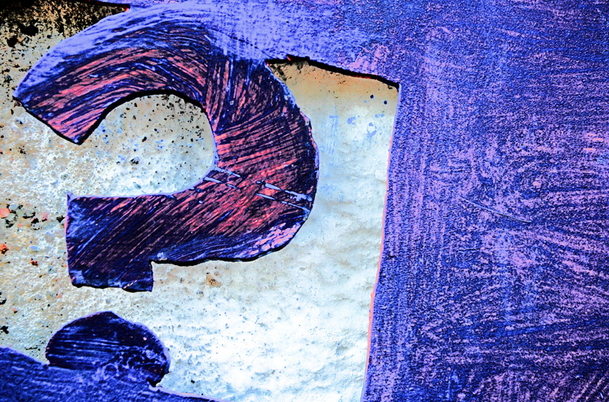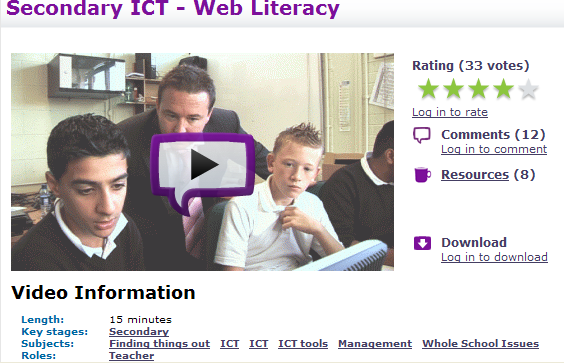
On Friday, 17 March, School Library Association of Victoria conference Weaving the Future: Inquiry Learning within a Digital Curriculum will feature, Dr Mandy Lupton from QUT and Paula Christophersen formerly of VCAA. Focus of the day will be the Digital Curriculum and the role of School Libraries can take in its implementation and execution.
Dr Mandy Lupton is a Senior Lecturer in the Faculty of Education at QUT and well known to library and literacy professionals through her blog Inquiry Learning and Information Literacy. Mandy teaches units in the Master of Education (teacher-librarianship) and has undertaken a number of research projects into inquiry learning and information literacy. She will present a number of tools for the design of inquiry learning curriculum including questioning frameworks, process models and Mandy’s GeSTE windows model for information literacy. Delegates will have the opportunity for hands-on application and evaluation of these planning resources. This is an opportunity to work closely with a renowned Australian information literacy specialist.
Ms Paula Christophersen (formerly of VCAA) is a familiar presenter at SLAV conferences having introduced ICT in the curriculum and general capabilities. As a major architect of the new Victorian Digitech curriculum, Paula is the ideal person to present Ways of thinking in Digital Technologies. Through this Paula will explore the essential features of the Victorian Digital Technologies curriculum, paying particular attention to the different ways of thinking in the curriculum, namely computational, design and systems thinking. Exploration involves teasing out the breadth and depth of content associated with this curriculum, and how meaningful connections can be made with other learning areas. As schools seek methods of integrating the new digital curriculum into both primary and secondary schools, this session gives library staff background and understanding to support digital learning through the STEM curriculum, makerspaces, coding clubs etc.
SLAV is pleased to be starting the year with professional learning support for Victorian teacher librarians, teachers and library staff generally. Don’t miss out. Register here.

